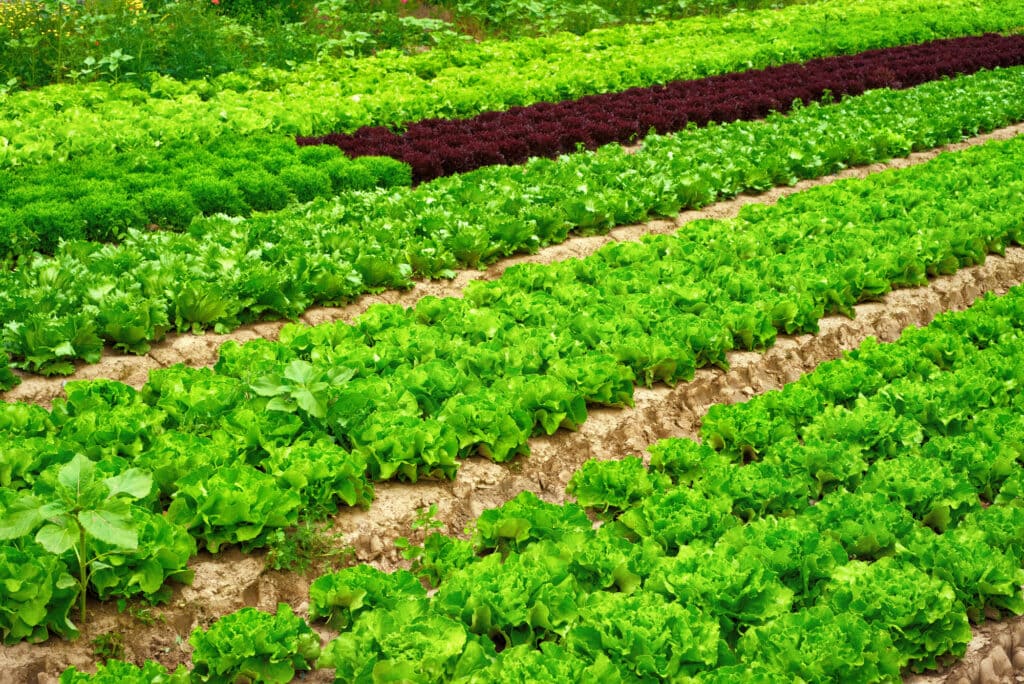The following microbes help with plant growth by producing a wide range of bioactive compounds.
These are soil bacteria that are well-known for their ability to produce a wide range of bioactive compounds, including antibiotics and plant growth-promoting substances. They can help plants by suppressing pathogenic microorganisms in the soil, improving nutrient availability, and enhancing plant immune responses.
Trichoderma species are fungi commonly found in soil and root ecosystems. They are known for their mycoparasitic abilities, meaning they can attack and feed on other fungi, including plant pathogens. Trichoderma also produces enzymes that can degrade organic matter in the soil, releasing nutrients for plants. Additionally, they can stimulate plant growth directly through the production of plant growth-promoting substances.
Various species of Bacillus bacteria, such as Bacillus subtilis and Bacillus amyloliquefaciens, are known for their plant growth-promoting properties. They can colonize plant roots and produce substances like phytohormones, siderophores, and antibiotics that benefit plant growth. Bacillus species also can induce systemic resistance in plants, helping them defend against pathogens.
These microbes are often used as biofertilizers or biocontrol agents in agriculture to promote plant health and productivity in a sustainable manner.
Contact us for more information about microbes for plant growth.
Citations:
https://www.sciencedirect.com/topics/immunology-and-microbiology/microorganism
